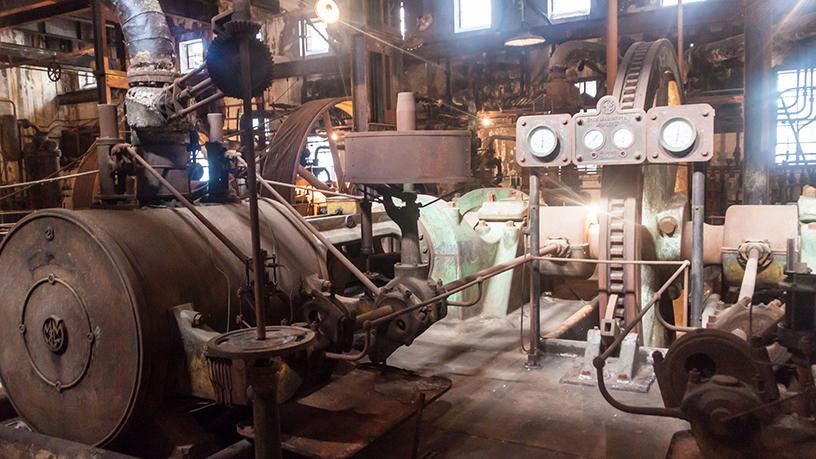
South Africa has great potential to lead Africa in the fourth industrial revolution; however, corporate, government and educational institutions need to collaborate to adequately upskill the nation for the digital economy.
This was the word from ICT experts, speaking during a panel discussion, hosted by Siemens in collaboration with CNBC.
The discussion, facilitated by broadcast journalist Gugulethu Mfuphi, was themed: "Is South Africa ready for the fourth industrial revolution?"
The three panellists, Vuyani Jarana, group CEO of SAA; Dr Daniel Visser, research and development strategy manager for the CSIR; and Sabine Dall'Omo, CEO of Siemens Southern Africa, shared insights into what considerations need to be made by SA in preparing the country to adequately lead the charge in Africa's fourth industrial revolution.
Collaboration and convergence
Jarana explained that, in order for SA to become Africa's digital powerhouse, the country's private sector, educational institutions and governments should collaborate and converge to form skills development initiatives aimed at upskilling South Africans in crucial Industry 4.0 skills.
"The fourth industrial revolution creates opportunities to build ecosystems that promise technological advancements that can dramatically transform the country's workforce. In preparing to lead Africa, SA has to build initiatives aimed at skilling the nation for a digital economy. There are wide pockets of jobs that can be created by automation. Therefore, creating the right skills for Industry 4.0 becomes critical as it will change the way industries such as agriculture, healthcare and manufacturing do business.
"We need to deliver technology-focused education, such as creating applications that address some of the social ills Africa is facing. This ensures we are not just consumers of fourth industrial revolution technologies but that we also participate in the value chain."
Positive change
Dall'Omo pointed out that Industry 4.0 is drastically changing the work landscape, how we live and how we do things, but with collaborations between academic institutions, government, private institutions and the South African society, we can ensure this digital revolution will impact the country positively.
"Unlike the third industrial revolution, this revolution is not triggered by profitability. It is not an invention but a set of paradigms. Therefore, governments should invest time and effort in understanding the layers that underpin it and ensure all sectors actively participate and shape industries to be more competitive in the global market. There is no place to hide from connectivity; SA cannot step aside and not participate."
Enhance, not replace
Visser pointed out that while there is a general fear that automation, robotics, artificial intelligence (AI) and machine learning has the potential to widen the gap between income groups, creating the right skills can ensure the digital divide between emerging and developed markets is bridged.
"While people may fear the introduction of automation and AI, we are not looking at replacing jobs, but rather enhancing job creation and skills development. South Africa cannot do the fourth industrial revolution the same way that China or Germany does: they have a different context, we have different one. Within the South African context, the fourth industrial revolution is not about replacing jobs; it's about unlocking Africa's potential by augmenting jobs and making them safer and easier. Africa must not lose out in this evolution," he said.
Share